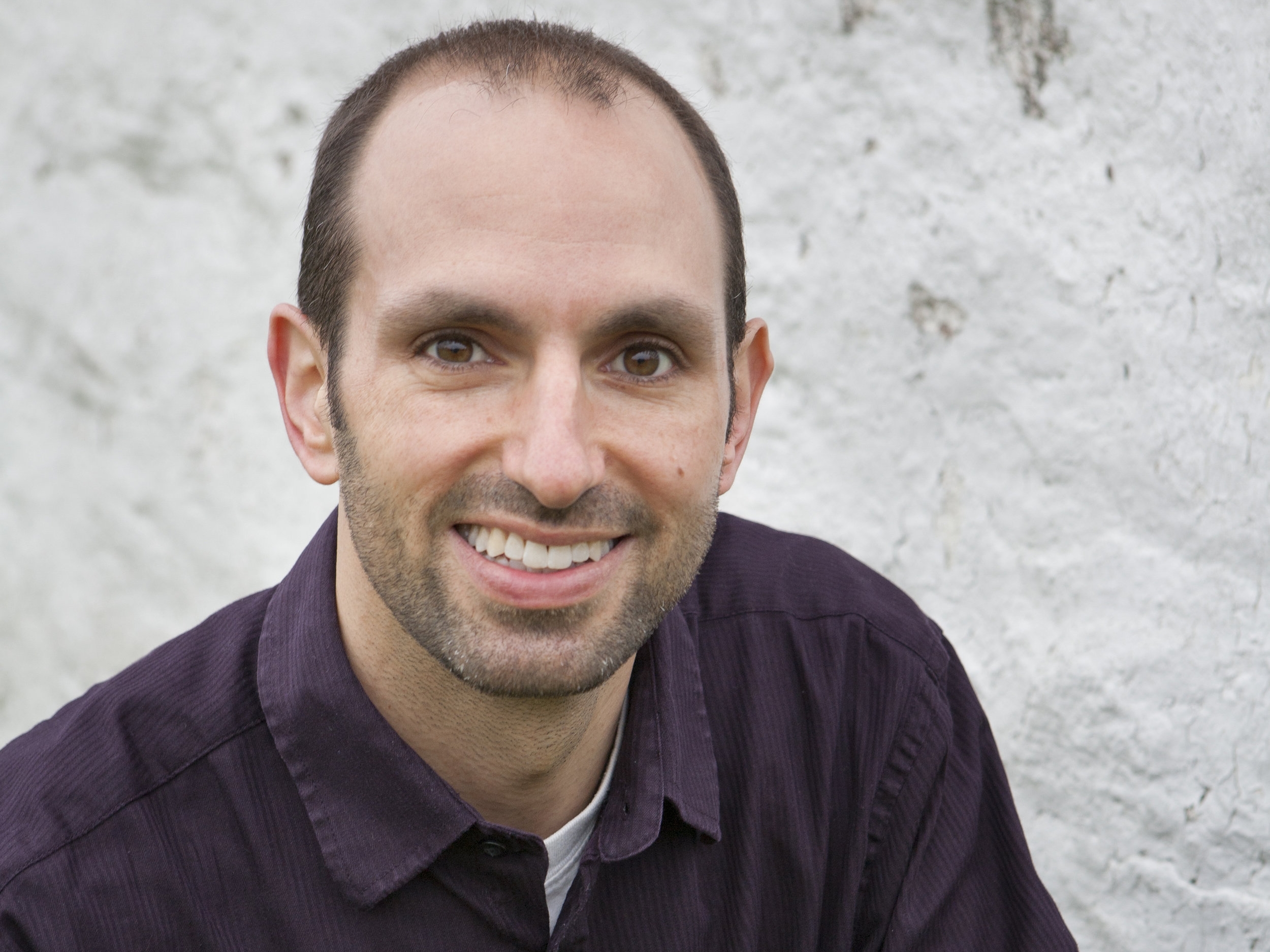Food Psych #82: Intuitive Exercise & Overcoming Deprivation with Jonah Soolman
Fellow anti-diet dietitian Jonah Soolman discusses how being an athletic kid and being restricted from sugar led to a troubled relationship with food, how he learned to trust his body to guide his eating and exercise choices, why food insecurity can lead to a "clean-plate club" mentality, why it's essential for health professionals to adopt the principles of Health at Every Size and intuitive eating, and lots more!
“What kinds of movements actually feel good for your body? What do you enjoy doing?” [Click to Tweet]
Jonah Soolman is a registered dietitian specializing in the treatment of eating disorders, disordered eating, and cardiometabolic conditions using a HAES perspective. He and his wife, Joanne, co-own Soolman Nutrition and Wellness LLC, a private practice where they offer individualized nutrition counseling, in Wellesley, Massachusetts, USA.
Most commonly, Jonah works with people who have tried numerous diets and are sick of seeing their weight temporarily drop only to inevitably rebound. Fed up with failing diets and being at war with food and their bodies, they come to Jonah because he offers the antithesis. By taking the focus off of weight and rules, he helps them to form a new and more peaceful relationship with food based on satisfaction, flexibility, and health.
When Jonah is not working, he enjoys getting outside and moving his body. In addition to time spent playing NCAA tennis, his proudest athletic achievements include riding his bicycle from Seattle to Boston for charity, running up Mount Washington on four separate occasions, and rebounding from multiple back surgeries to finish the Newport Marathon. Find him online at SoolmanNutrition.com.
We Discuss:
Jonah’s relationship with food growing up, including a feeling of restriction within the family and the disordered eating that developed for him and his brother as a result
The impact of food deprivation on eating disorder behaviors
How family food issues get passed down to later generations and impact our behavior around food in social situations, including the concept of “cleaning your plate”
Generational differences between how people relate to food, including the deprivation mindset of those who grew up during the Great Depression, as well as the ways in which people of all ages can be impacted in the long-term by deprivation
The many ways in which food scarcity can present itself, and how stocking up on foods can help fight the deprivation fear
The "honeymoon phase" of intuitive eating, the understandable fear that comes along with allowing foods that were previously off limits, and the eventual food peace and neutrality that comes with legalizing all foods
How the stigma against fat bodies is linked to disordered eating
The emotional attachments and associations we make with food
The experiences that led Jonah to develop some orthorexic tendencies, as well as his eventual career as a dietitian
Jonah’s introduction to Health At Every Size, beginning with the realization that athletes of all shapes and sizes were faster than he was while training for a marathon at a young age, as well as professors in his dietetic training who discussed size bias and the concept of “fat but fit”
Jonah’s journey into the personal training profession, including the eventual push to include intuitive movement into his philosophy
The shift from exercising for weight loss to moving your body for enjoyment, including the concept of intuitive exercise and the use of movement as self-care rather than self-punishment
Why comparison can feed our own unhappiness, and how important it is to remember that the person you are comparing yourself to may not be happy themselves
The importance of using a weight-neutral approach with intuitive eating, eating disorder recovery, and general nutrition
Jonah’s transition to an intuitive eating, body positive, HAES practice, including his realization that diets exacerbate eating disorders and that attempts at weight loss simply don’t work
The difficulty of being a HAES dietitian in a diet-driven world, including the difficult transition required by dietitians during early stages of their careers from a diet focus to an intuitive eating focus

